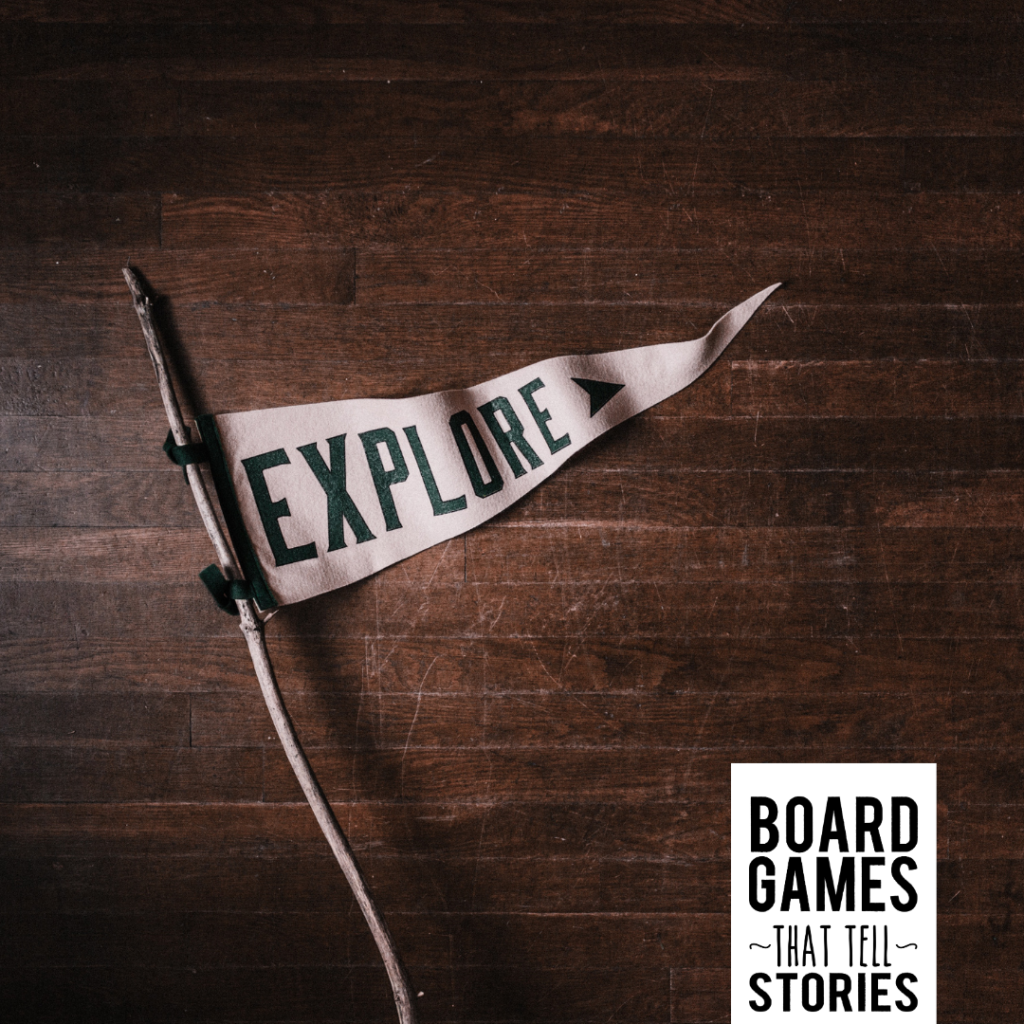“What are the points for in the end?” she asked after I finished reading the rules.
„I don’t know,” I replied, „I haven’t read that part.”
Blasphemy? Madness? Idiocy? Perhaps. Or it’s a worthwhile consideration, a topic worth exploring? Just take a look for yourselves. How many times have you said it’s just the first game, that you’re playing without any pressure, that you’re only getting to know the game, that it’s all chill and cool? But then, in the end, you start counting the points. Suddenly, Krzysiek has 117, Wojtek has 104, and you have 32. And it’s supposed to be chill and cool, but those 32 points sting. It’s the first game, you’re still learning, but these 32 points feel bad anyway.
After all, the first game is about exploration. It’s about understanding the game’s mechanics, searching for synergies, and trying to uncover all those little gears and hidden wheels that drive the entire mechanism. You move in a certain direction, tinker with something, and enjoy the sandbox where you build your little castle, having a great time. But then, boom, the game ends, and you’ve utterly failed with just 32 points, a resounding defeat. It was fun, but now it’s not.
So, what if, in the first game, we play without checking End Scoring Points? Make it totally random – some of you’ll score high, and some of you’ll score zero. So what? What if we genuinely didn’t read that part of the rulebook? What if we freed ourselves from these constraints and simply explored the game? Exploring the mechanisms, enjoying a new game, and utilizing all those diverse actions not because they yield End Scoring Bonus and Victory Points but because they intrigue us, because we want to understand them, and because we are eager to try them.
Blasphemy? Madness? Idiocy? Perhaps. But the dialogue at the beginning of the article truly happened. I genuinely didn’t read the section describing the End Scoring. I genuinely explored the game for the joy of it, not for the VP. And truly, it was a freaking amazing experience.

 Polski
Polski English
English Deutsch
Deutsch




